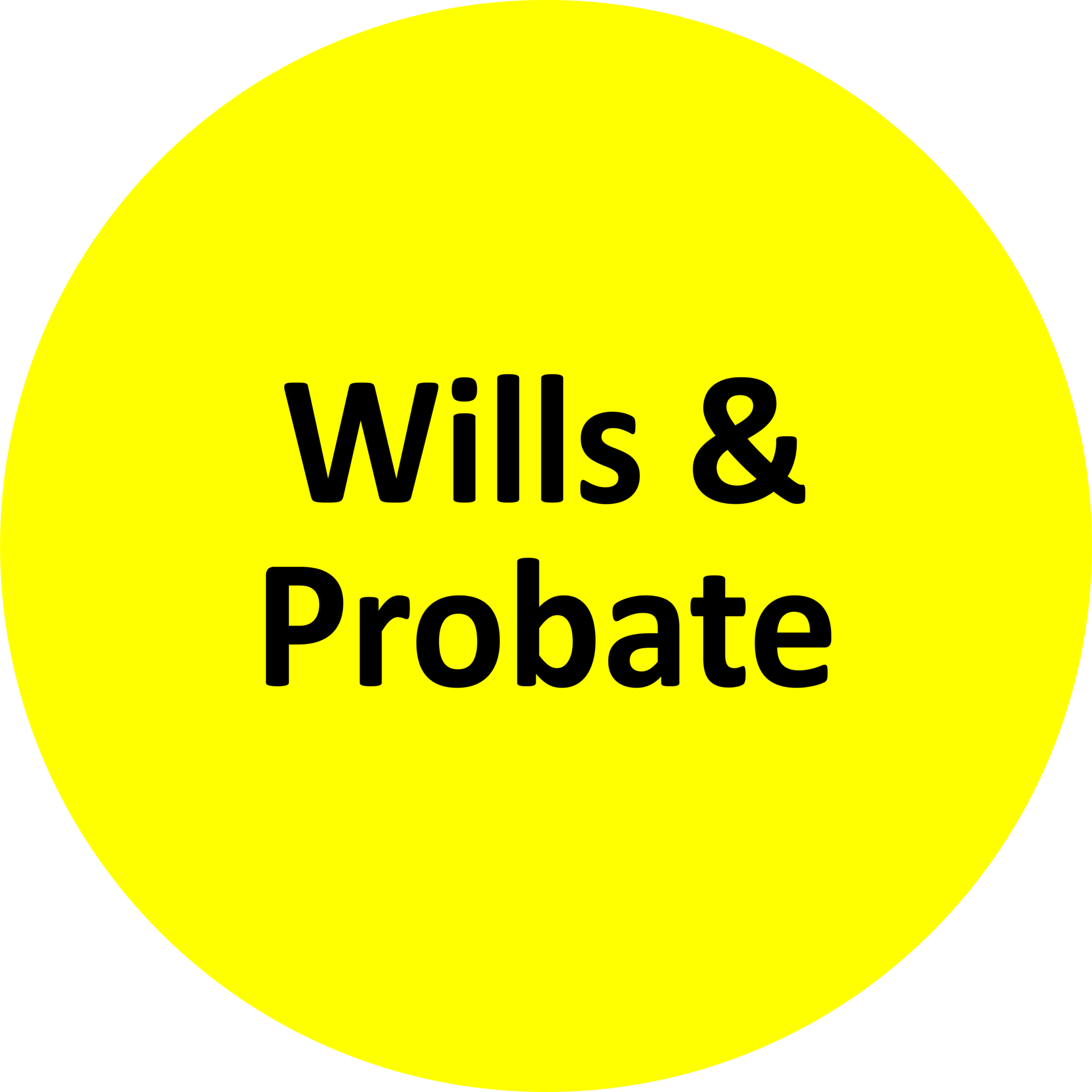Conveyancing Contracts
Posted on 28th December 2018
Ever seen the Despicable Me when the Minions start saying “blah blah blah”? If you haven’t then the reference will probably make as much sense to you as some of the terminology used in Conveyancing. If you have then you’ll know that when Solicitors start talking then often, they may as well be saying “blah blah blah” for all then sense it makes! Well never fear for a (wanna be) Superhero is here to explain the terminology of the contract to you (ha! Bet you thought it was going to be something way more exciting!)
The Contract usually sets out the names of the Buyers and the Seller, the property, you are buying or selling, the purchase price and a load of other “blah blah blah”.
The Seller’s Solicitors will draft the contract, which will then need to be reviewed by and agreed with the buyer’s solicitors. Before the Seller’s Solicitor can draft the contract, they will need to investigate their Client’s title. At this point, if you are selling, I wouldn’t recommend wandering around saying “blah blah blah” as the Seller’s Solicitor will need to check the Seller’s capacity to sell to land.
A contract for sale must be in writing, contained all of the agreed terms and signed by all of the parties. It will contain all of the particulars of sale, the standard conditions of sale and the special condition of sale.
There are four essential elements to a contract which are offer, acceptance, consideration and an intention to create legal relations. If any of these are missing, then no contract exists (though with the exception of consideration they can be implied). Consideration means payment in return for a promise. If for example I offer to give you 100 bananas as a gift and you accept but then later I fail to give the gift, I am not bound by contract because you have not offered me anything in return for my promise, so there is no consideration, even if I say to you that if I intend my offer to be legally binding.
The particulars of sale must give a clear and concise description of the property and this is usually contained on the first page of the contract. This will also usually be the page you sign. Whilst your nearest property solicitor may have checked, it is also a good idea to check the spellings of your name, along with the details of the property.
Title Guarantee – Generally properties are sold with “full title guarantee” however they can be sold with Limited Guarantee if the Seller has no personal knowledge of the property. So; if you are selling as an attorney or personal representative always check what guarantee you are being asked to provide.
4% - There will be a “contract rate”. This is the daily rate of interest which the buyer must pay to the seller if he fails to complete on the Completion Date, which will be entered on exchange of contracts.
Deposit – this is generally be 10% of the purchase price though if there is a chain it is usual for the buyer to use the deposit on their own sale as the deposit on his purchase. If the price of the property they are selling is less than the one they are buying, then they may not have 10% of the purchase price and so a lesser amount may be entered into the contract. Whatever amount is entered here, they will still be liable for 10% if they fail to complete.
Stuff and Things – these are known on the contract as “Chattels” and anything you are purchasing in addition to the property should be entered here. This may be, for example, “wardrobes being purchased at £250” but double check as you may not want “husband for free” to be left at the property as a chattel!
Special Conditions – If you do want a husband for free to be left at the property or indeed you want to leave your husband at the property you’re selling then it should be entered as a Special Condition within the contract. However; largely these Special Conditions are changes to the Standard Conditions often with the effect of making the property the responsibility of the buyer in between exchange and completion which is why it is so important to ensure that you have buildings insurance in place.
To discuss Conveyancing in Lancaster or indeed anywhere contact MG Legal Property Solicitors Preston on 01995 602 129 or via enquiries@mglegal.co.uk.
Tagged as: Buyers, Contracts, Conveyancing, Conveyancing Solicitors Preston, Garstang Solicitors, Lancaster, Lancaster Law, Lancaster Property Law, Lancaster Solicitors, Longridge, Longridge Solicitors, MG Legal, Preston Law, Property, Property Advice, Property Law, Property Solicitors Preston, Purchase, Solicitors in Lancaster, Your Local Solicitors
Share this post:








